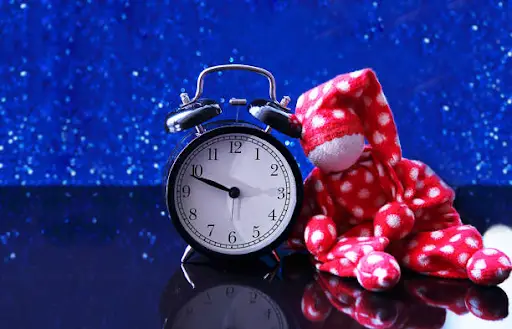Time change: economic benefits at the expense of health

In Ukraine, clocks are set back by one hour twice a year: in autumn and spring. Previously, daylight saving time was introduced to save electricity and extend daylight hours. Today, 60 countries around the world, including Ukraine, follow this system. However, discussions about the balance of benefits and negative impacts of this phenomenon are constantly arising.
Scientist and expert in chronobiology Olha Maslova shared her vision of this problem with Ukrayinska Pravda. Life :
"It is important to take into account the difference between social and astronomical time. Uzhhorod and Kharkiv have the same social time, but the astronomical time in different parts of Ukraine differs by almost an hour," she explains. Most of Ukraine is located within the second time zone (UTC+2), but there are exceptions: Zakarpattia is in the first time zone, while Luhansk, Donetsk, parts of Kharkiv, Dnipro and Zaporizhzhia regions are in the third time zone.
Olha Maslova emphasizes that the scientific community is united in its views on the negative impact of time changes on the body. Twice a year, the change of clocks can affect your health by disrupting your biological rhythms. After all, a person's biological clock is regulated by an internal rhythm and depends on daily and seasonal changes in the degree of illumination. The desynchronization of internal and external rhythms can lead to biorhythmic disruption and negatively affect the body's functioning.
Feeling unwell during the time change period can be accompanied by fatigue, loss of concentration, poor appetite, gastrointestinal discomfort, exacerbation of cardiovascular problems and mood changes.
An analysis of insurance claims for 150 million patients from the US and 9 million from Sweden showed that cardiovascular diseases, injuries, mental and behavioral disorders, as well as immune-related diseases, are exacerbated during spring and autumn daylight saving time.
Older people have a harder time with jet lag, but babies who spend a lot of time sleeping may have an easier time adapting. Some adults may also experience less discomfort due to their particular routines and genetic characteristics. For example, people with an intermediate chronotype may be able to tolerate the time change more easily because they are less dependent on morning or evening peak activity.









